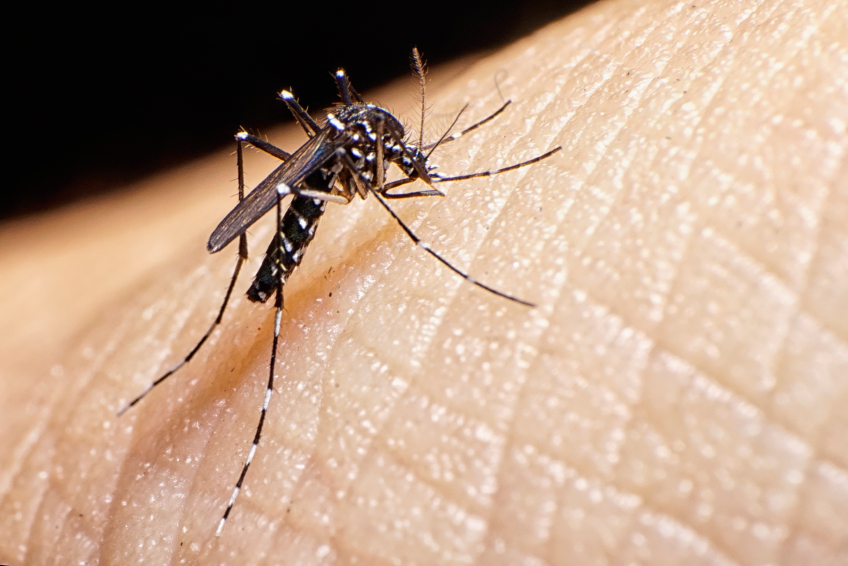Unless you are planning a trip to South America or the Caribbean this summer, most North Americans are more concerned about the dangers of Lyme Disease from ticks or West Nile virus, transmitted by mosquitoes than Zika, which has swept the headlines with it’s devastating outcomes for pregnant women.
West Nile
Seniors over 65 in particular are at an increased risk for developing severe symptoms from the West Nile virus, according to the Centers for Disease Control and Prevention. Older adults may experience headache, high fever, body aches, nausea, stiff neck, confusion and muscles weakness anywhere between three and fourteen days following a bite.
In some cases among the elderly, severe neurological diseases such as encephalitis or meningitis can also develop. And in the worst of infections, a mosquito bite transmitting West Nile can result in paralysis or death. In addition to advanced age, chronic diseases including cancer, diabetes, high blood pressure and kidney disease have been found to raise your risk for infection.
Treatment for West Nile include over-the-counter pain relievers to reduce fever and help relieve some symptoms. In the more severe cases, patients may be hospitalized to receive intravenous fluids, pain management and nursing care. There is no vaccine or antiviral treatment for the infection.
Lyme Disease
If left untreated, Lyme disease can cause fever, rash, facial paralysis and arthritis. Early symptoms include fever, chills, headache, fatigue, muscle and joint aches and swollen lymph nodes.
In most cases, a hallmark “bull’s eye” rash develops between 3 and 30 days following a tick bite. Treatment with antibiotics will likely provide a complete cure however, in a small percentage of people, symptoms can persist for up to six months. Seek medical treatment if you notice any of the above symptoms following a tick bite.
Keeping Pests at Bay
- Empty all standing water – a breeding ground for mosquitoes
- Limit outdoor activity at dawn and dusk when pests are most active
- Use screens on windows and doors and keep in good repair to keep insects outside
- Cover skin with long pants, shirts and socks when outdoors
- Avoid shaded, wooded areas, tall grasses and trails with dense leaf litter
- Stick to the center of the trail when hiking in wooded areas
- Use an insect repellent containing DEET (20 to 30 per cent) or wear clothing treated with 0.5 per cent permethrin
- After coming in from outdoors, inspect for ticks.
- Ticks on clothing and gear can be killed by 10 minutes in a hot dryer
- Remove any tick found on skin using tweezers without crushing it and wash area and hands with soap and water.
To learn more about prevention and treatment of West Nile and Lyme Disease, visit the Centers for Disease Control and Prevention website at: http://www.cdc.gov/westnile/prevention/index.html .






When the senior citizen lives alone at home or in an assisted facility, their health risks arises. Many people think about illnesses and physical injuries, but they never think about the infestation that is really harmful for their health. Whereas, Lyme diseases are considered a difficult disease which needs to have diagnose and to have a proper treatment.